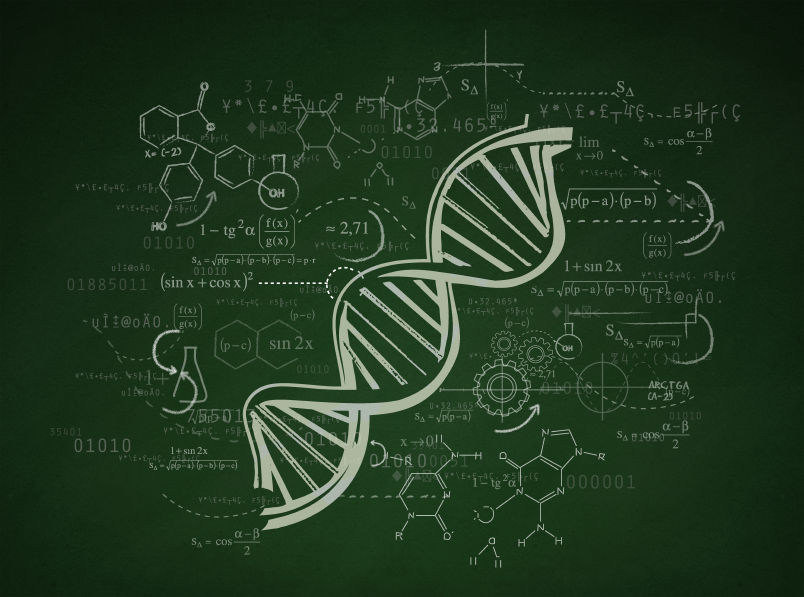As far as scientific blogger Albert Barrois is concerned, the announcement of the first genetic handling of human embryos by a Chinese team can be viewed as both “good” and bad news.
The bad news is that “what would still have been considered a major transgression a short time ago has already been attempted“.
The “good” news lies in the failure of this initial handling attempt. In fact, Professor Huang’s team observed numerous errors and “particularly worrying” mutations in the genome.
Thus, given the results observed, the technique employed has proved to be “completely unusable at the present time“. And the blogger wonders, “What woman will agree to give almost one hundred oocytes in the hope that a handful of embryos, at best, can be ‘corrected’, with no guarantee that secondary mutations will not be introduced elsewhere in the genome at the same time? The scientists themselves have concluded that this technique is still a long way off from being used in man“.
Nevertheless, despite the demand for a moratorium on the use of this technique in human embryos, at least four other research teams, all Chinese, have already carried out similar experiments.
The major ethical problems raised by the handling of human embryos have led the reference Nature and Science journals not to publish the results recorded by Professor Huang’s team, therefore suggesting that these studies have been published in a second rate journal. But for how long can this resistance continue?
Blog d’Albert Barrois 23/04/2015

